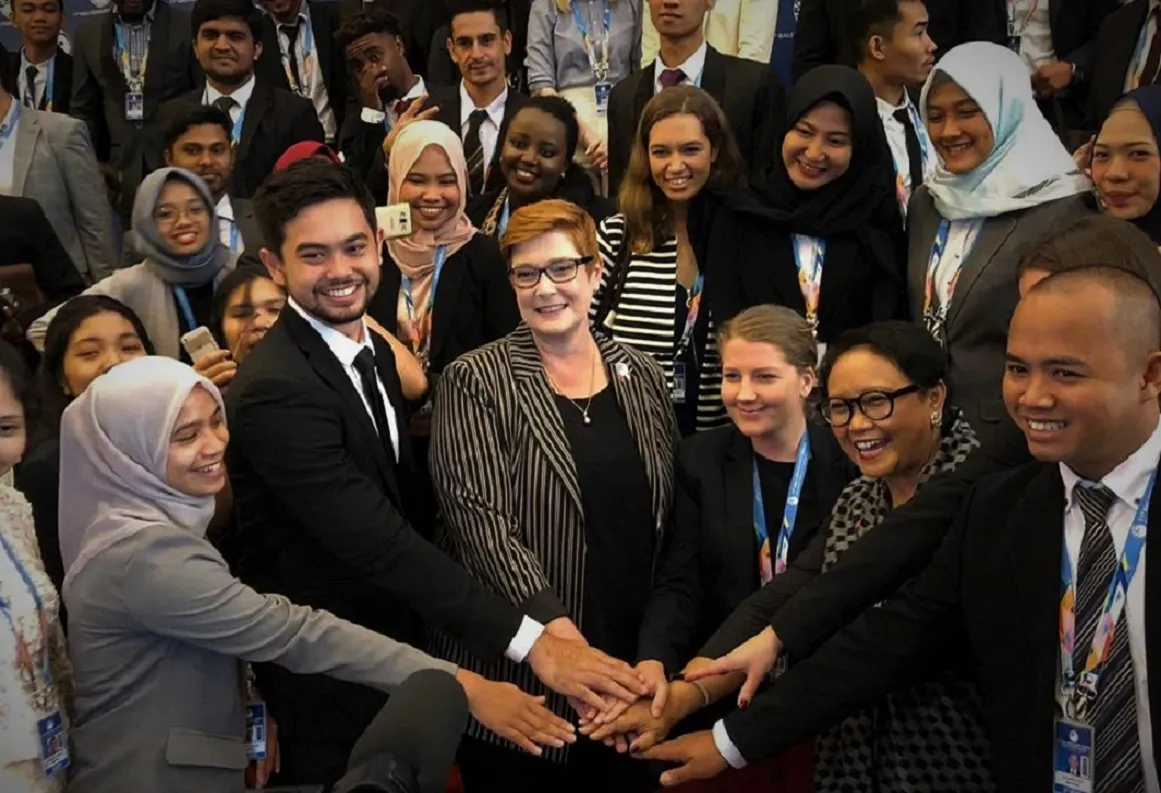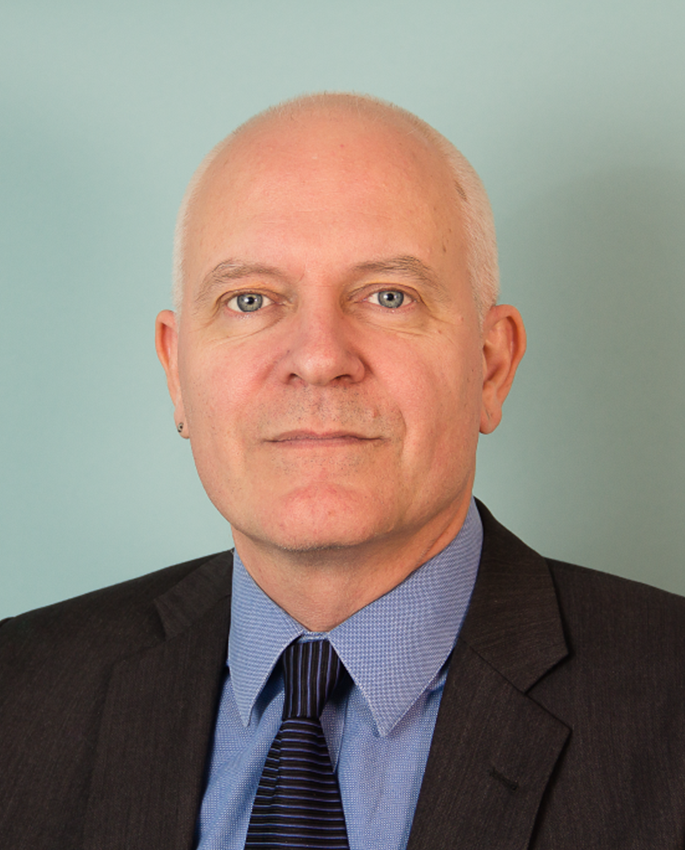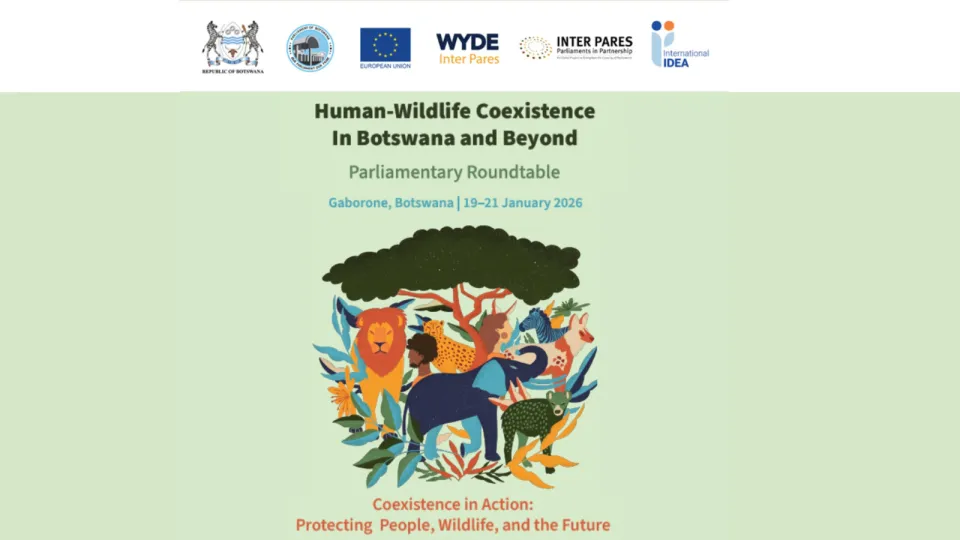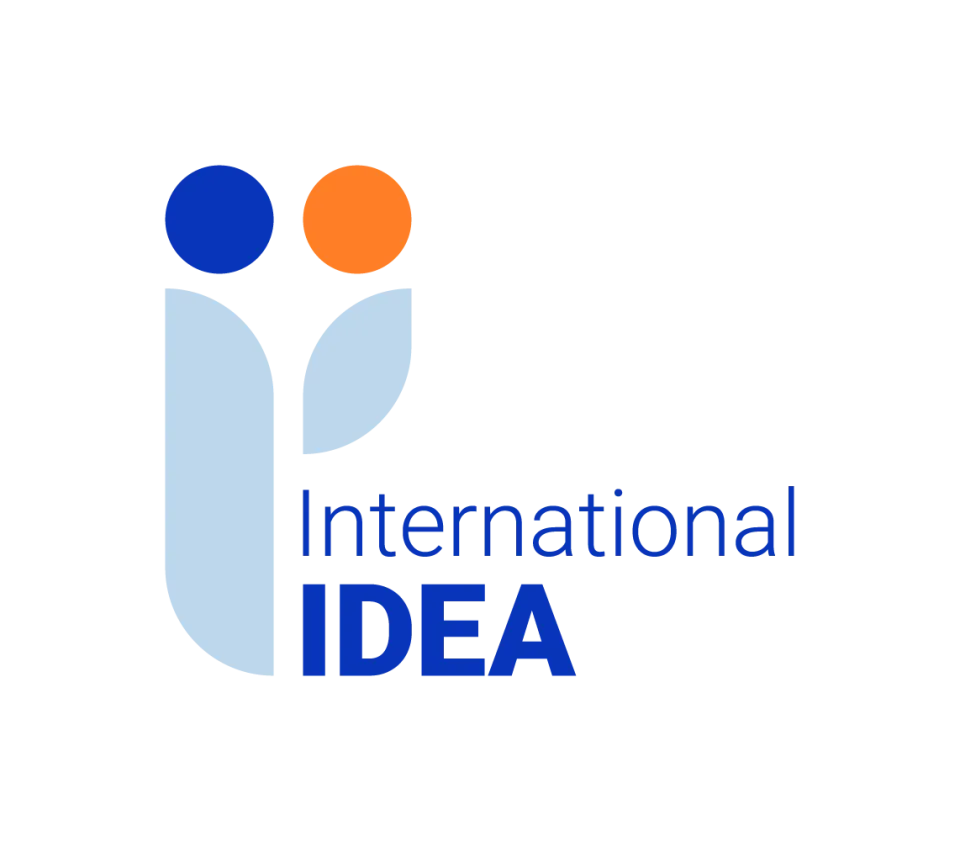International IDEA at the Bali Democracy Forum

The Bali Democracy Forum (BDF) is an annual summit that brings together senior government officials and other notables from the Asia Pacific region and around the world to grapple with a theme in democracy. In this 11th year, "Democracy for Prosperity" was discussed in panel sessions with a mix of participants, in addition to the President of Nauru, included Ministers from Australia, Brunei, New Zealand, Papua New Guinea, Suriname, Timor-Leste and Tuvalu, and representatives of international organizations, academia and the private sector.
The panel sessions were followed by some forty statements by national delegations and International organizations, which gives the BDF the feel of an Asian UN General Assembly. As at the UN, the real action happens in the corridors and over coffee, where you have the opportunity for frank off-the-record discussions and networking.
For International IDEA, it was a great opportunity to meet with representatives of some of the smaller democracies, like Suriname, where we discussed possible cooperation with their diplomatic academy, and how we might work with the small states of the CARICOM. We also had a chance to talk at some length with the Melanesian Spearhead Group (Fiji, PNG, Solomon Islands and Vanuatu) about recently launched International IDEA programming in the region, and the potential for greater engagement in that region.
In parallel with the BDF are two events that focus on other levels of democracy; the Bali Civil Society and Media Forum (BCSMF), and the Bali Student Forum. This was the first time that BCSMF was as an integral part of the BDF, and like the Student Forum, it reported its outcomes at the final plenary session. While the speeches in the BDF tended to be broad, and often went no further than bromides, the BCSMF discussions were fine grained and policy oriented. For example, the BCSMF discussed the challenges of populism in detail, to determine how democracy can adapt and respond. After discussions on the margins of the BDF, International IDEA and the BCSMF’s, Bali’s Institute for Peace and Democracy, have agreed to collaborate closely on the 2019 BCSDF, were International IDEA will bring its quantitative and comparative knowledge to the table. The Student Forum meanwhile raised the profile of the challenges of generational transfer of democratic values and institutions, and the 2019 BDF will tentatively have a theme “Millennials and Democracy”.
When addressing a big crowd on a short-time limit, it is always a challenge to avoid bromides like “we can’t have prosperity without democracy”, but many speakers made points with real policy implications, such as New Zealand’s Minister for Pacific Peoples, Aupito William Sio, spoke of a different way to evaluate “prosperity” and mentioned the country’s “Well Being Budget”, which would better reflect the relationship between democracy, inclusion and economic well-being. Zhou Yongmei of the World Bank presented on the challenges created for democracy by economic inequality, from a data-based perspective.
Several speakers wondered about the shorter and longer term trends of democracy. International IDEA’s statement by Leena Rikkilä Tamang, Regional Director for Asia and the Pacific, focused tightly on this, offering a concise summary of the Global State of Democracy conclusions, which piqued the curiosity of participants who were interested in real data. In reference to the theme Democracy for Prosperity, statement pointed out in that “data shows that there is indeed correlation—albeit weakening—between basic welfare indicators and representative government. In fact, more not less of democracy what is needed.”
The Chair's Statement of the 11th Bali Democracy Forum of 2018 as well as the outcome documents of the 2nd Bali Democracy Students Conference and the Bali Civil Society and Media Forum 2018 are available for download at the BDF's website.




